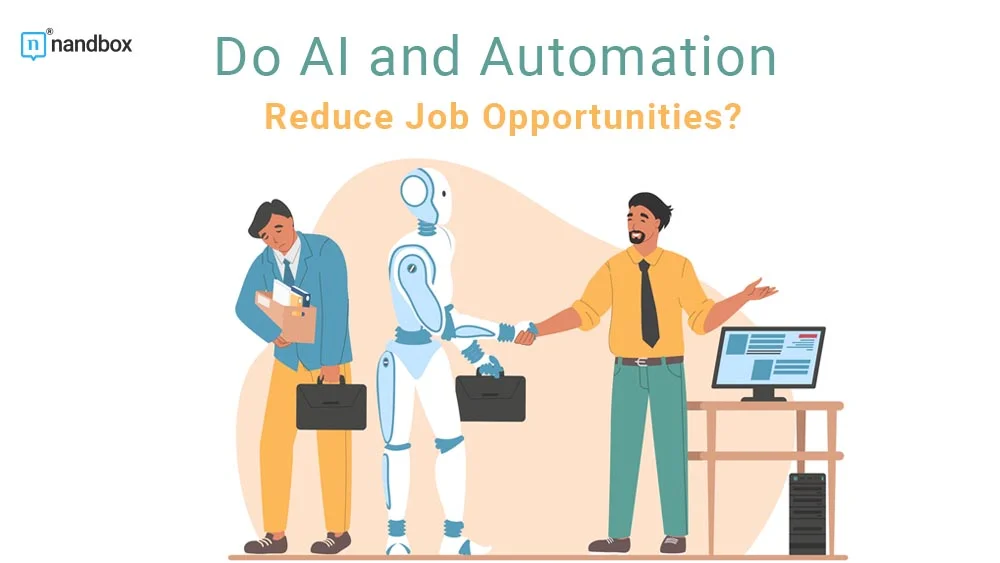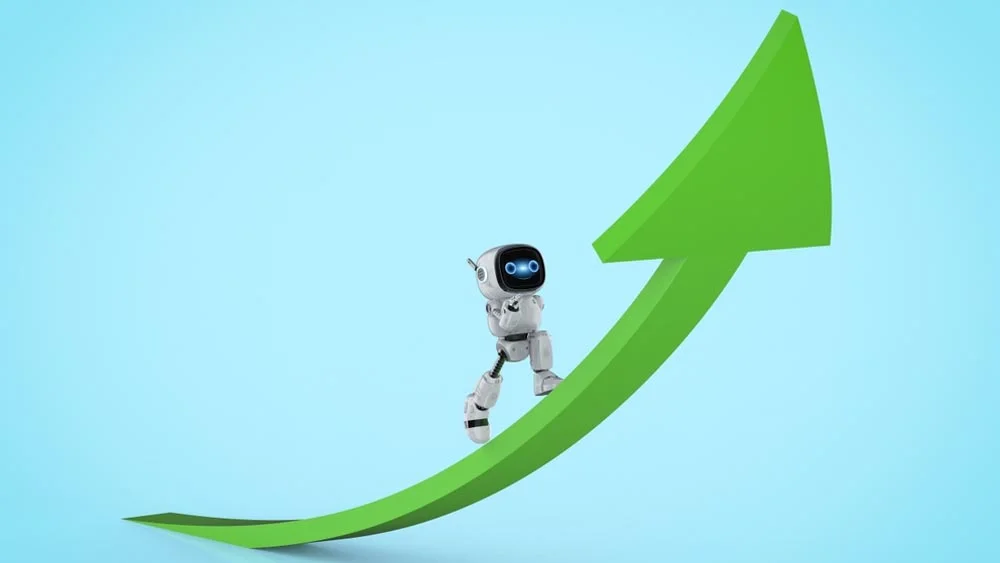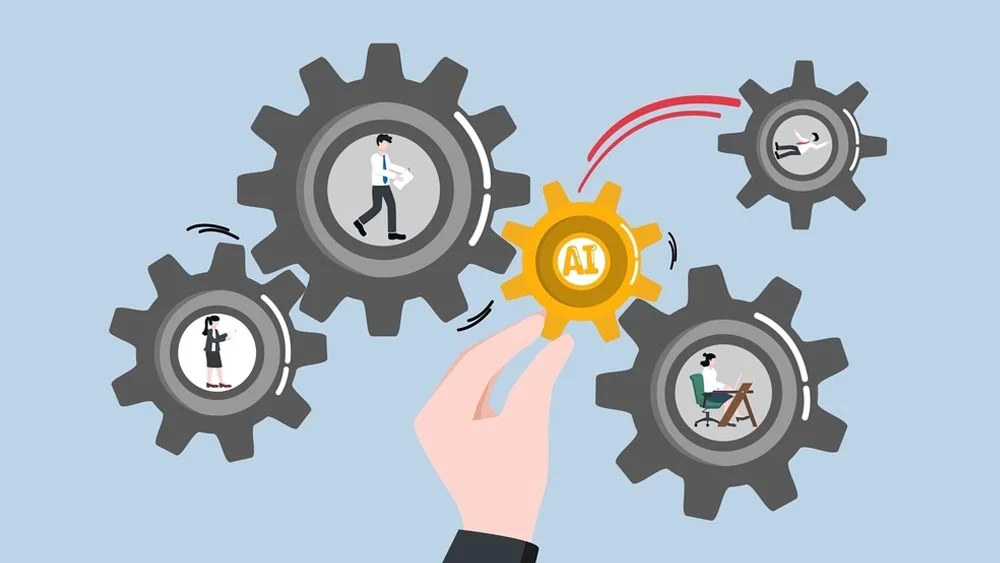In the 19th century, workers, known as Luddites, protested the new machinery that took away their jobs. New workers who are less skilled but able to run these machines replaced them. People saw Luddites as enemies of progress, but they merely wanted to secure their livelihoods. The world is not black and white; it’s not machines against Luddites. Today, many things are to be considered when discussing the impact of AI automation on reducing job opportunities, which is the topic of this article.
The Rise of AI and Automation
Artificial intelligence (AI) is a game changer in the world of automation. While robots, whether machines or software, have been around for a while, AI enables them to read data, learn from it, and provide insights. Humans carried out these functions before, but there’s no more need for extra hands on deck. The machines can do them more efficiently in less time and with less room for error. Using the best AI tools to summarize papers allows researchers and professionals to quickly grasp key points without spending hours reading through lengthy documents.
An example of this is computer vision, with which machines can detect defects in products in seconds with the help of deep learning technology. Now, AI can even help in diagnosing diseases and devising treatment plans.
Another example is task automation using no-code tools, like Jotform and Zapier; repetitive tasks can be eliminated.
How They Impact Jobs
Naturally, automation reduces the need for many skills. Companies love this since they will pay less and expend fewer resources. Hiring an employee doesn’t only require a monthly salary. That employee also needs training, supervision, and accommodation at times. For proof of income or employment, you can use pay stub maker for efficient organization of the process. Not to mention, the business loses money when the employee makes errors. Let’s face it, human error is inevitable.
Jobs That Might Be Eliminated by Automation
1. Factory workers might be replaced by robots. BBC News reported that robots might replace 20 million factory jobs by 2030, which is closer than you think. Some countries, like China, for example, are heavily dependent on machines in the automotive sector and other sectors.
2. Customer support representatives will most likely be replaced due to call center software automation. AI-driven chatbots and automatic voice responses can now do most of what a human agent can do. If the matter is too complex, the AI bot can detect it through voice recognition technologies and route the call to a live human agent.
3. Handy jobs are also very susceptible to going obsolete. Robots can now do the most intricate jobs with high accuracy. That includes sewer workers and watch repairers, among others.
4. Title examiners study legal and insurance documents to determine who owns properties and use document verifications for accuracy. AI can scan through thousands of documents in minutes and easily document its findings.
5. Insurance underwriters use computer software to determine if an applicant qualifies to get insurance. Like title examiners, it’s a job that can be done through AI software in less time.
6. Mathematical technicians’ jobs involve using mathematical formulas to help companies in problem-solving, fine-tuning designs, or measuring the feasibility of a project, among other processes. Surely, software programs can do these formulas more efficiently and accurately.
7. White-collar or administrative jobs that entail making reservations, onboarding clients, or keeping books, can be done through apps or software programs.
8. Taxi and bus drivers. Self-autonomous cars seemed far-fetched, but they are a reality now, and soon they will take over, replacing human drivers. These operate on various technologies, including computer vision, which we mentioned before, to detect pedestrians and other vehicles to avoid collisions.
Jobs that Won’t Be Reduced Because of Automation
- Therapists and psychiatrists won’t be affected much by automation. Yes, software programs are getting intelligent, but not to the extent of analyzing human emotions and solving their issues. Not to mention that not a single human being in the world would prefer to sit and talk to a machine. While automation can be good when it comes to psychological research, it’s unlikely to excel at psychological analysis and treatment. The same applies to recreational therapists and social workers.
- Even the most automated job needs supervision, and that’s why there’s always a need for managers, whether to manage humans or machines. For example, a human resources manager can use payroll software and other AI tools to automate many of his tasks, but he is the only one that will know what to do when an employee misbehaves because the manager will have better character judgment than a software program.
- Although creatives are panicking with the rise of AI that can make art and write poems, there will always be a need for human art. AI can mimic art styles but can’t recreate human feelings, which makes art enjoyable and emotion-invoking. Listen to a robot sing the perfect notes of a song, right on pitch; it would never sound as good as a human singing, if imperfectly.
The Main Takeaway
Automation doesn’t only eliminate jobs; it also creates new ones in many fields. For example, data science and AI engineering will include more jobs that didn’t exist before, like data analysis and data detection. The issue is white-collar workers, and taxi drivers won’t have the skills for these jobs, increasing the unemployment gap.
The enemy here isn’t automation or AI; it’s the lack of education that qualifies upcoming generations for new job fields. The evidence is that lower-skilled regions suffer more from this problem than others.
Well-educated workers are more likely to have the capacity to learn new skills and adapt to the ever-changing job market.
So, on a large scale, countries should future-proof education. On a personal level, if you feel like it’s too late to enter the tech world, we recommend honing your emotional intelligence skill and focusing on careers that can’t be replaced by robots or software. This includes idea-driven and creative fields, too.
What matters is that you either hone your skills or acquire new ones to ensure you stand on solid ground. You can always move up the corporate ladder into management if you have skills in a field you believe can be automated.
Speaking of skills, you will not need any technical skills to make an app with the nandbox native no-code app builder. Sign up and try it now!





